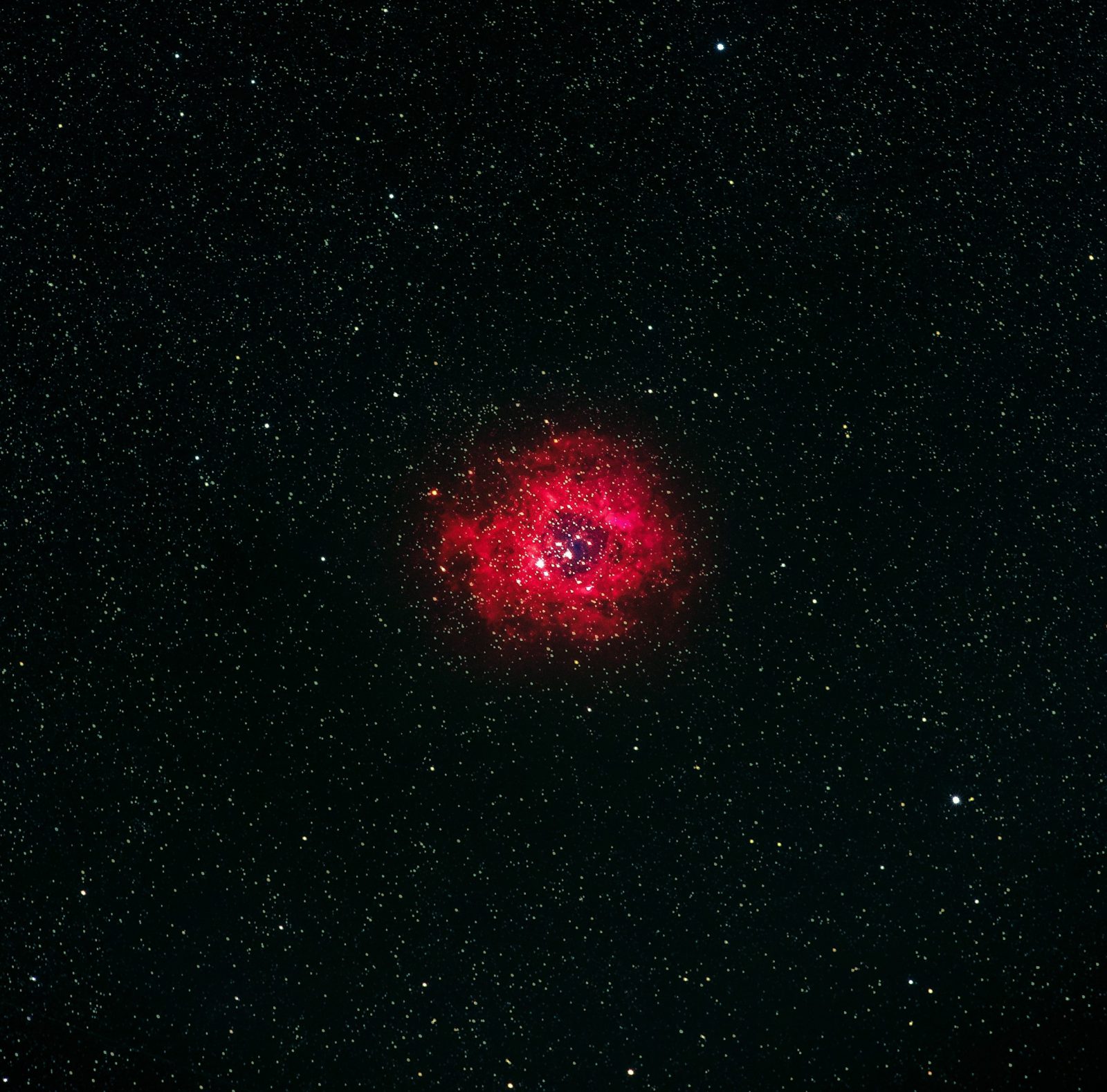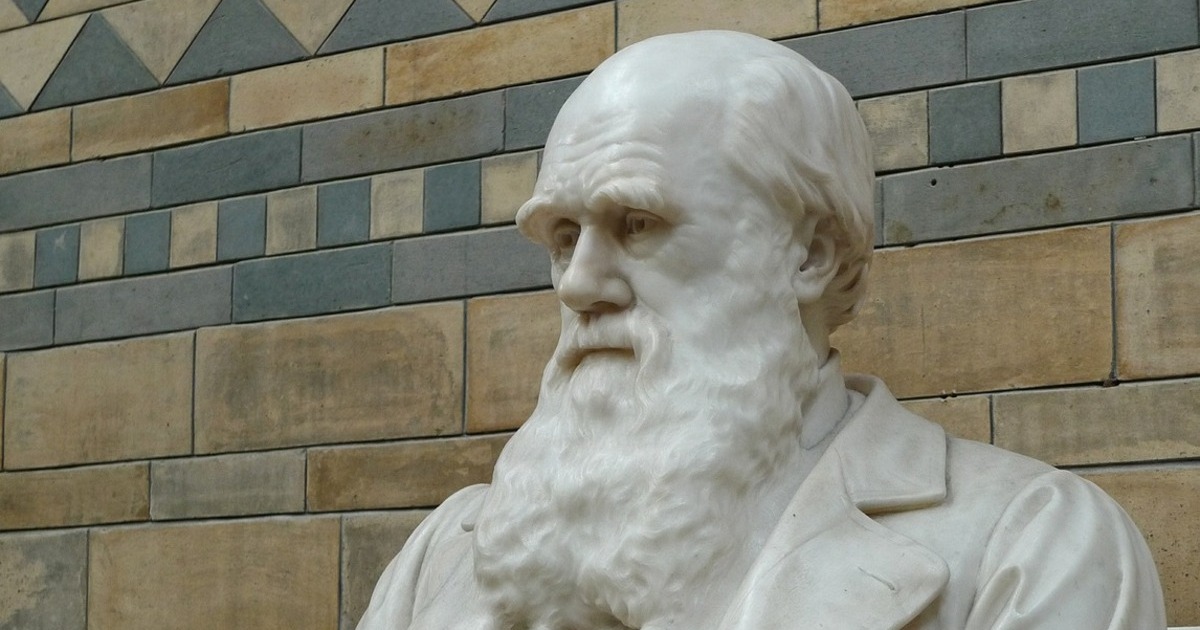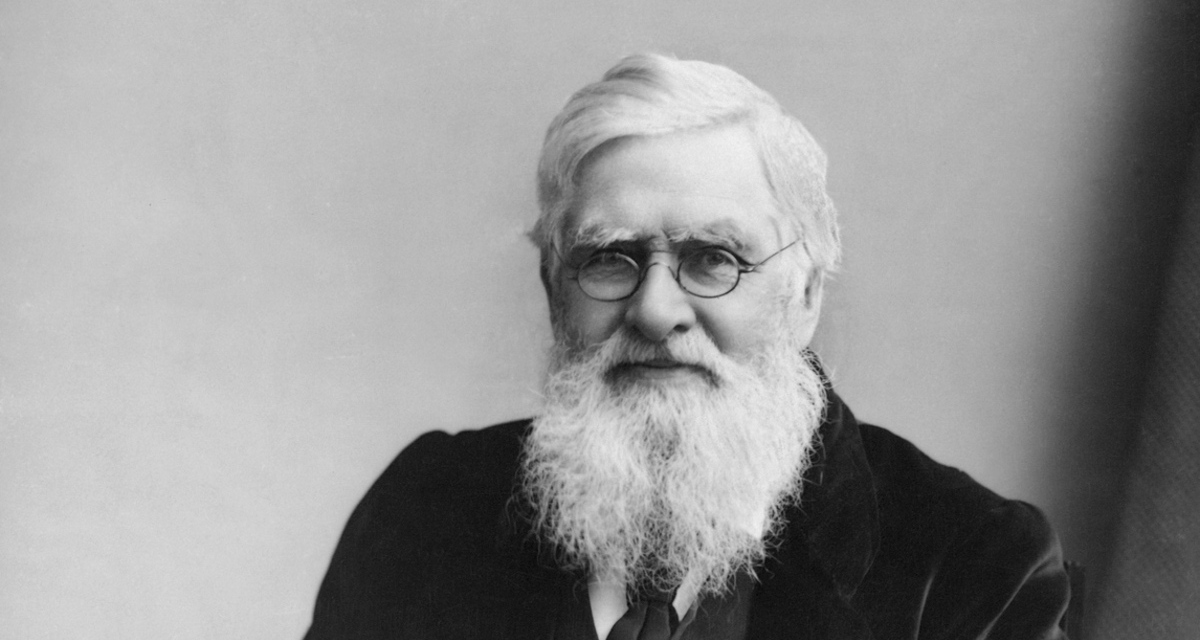
C. S. Lewis and Intelligent Design
On the episode of ID the Future we bring you a production by Discovery Institute about C.S. Lewis and Intelligent Design. With contributions by Discovery Institute’s John West and philosophers Victor Reppert and Angus Menuge, we hear about Lewis’s early doubts about God based in part on an argument from undesign or “bad design” in nature, and how he moved from this position to developing multiple arguments for intelligent design. Another contribution he made to the intelligent design project wasn’t a specific argument but the example he set. As John West explains near the end of the episode, one of his greatest contributions was a commitment to free inquiry and open debate, one he modeled while a professor at Oxford University.



